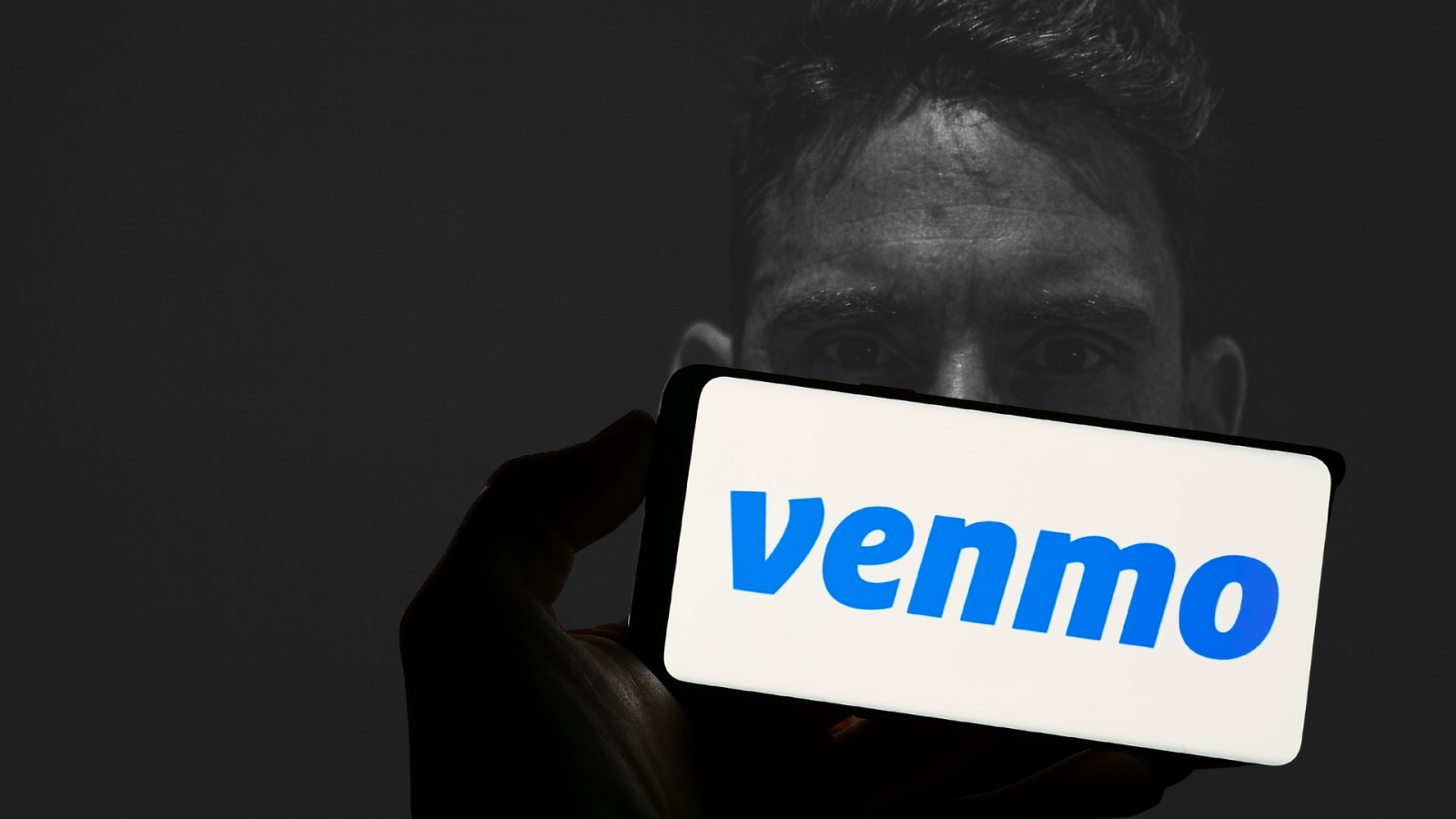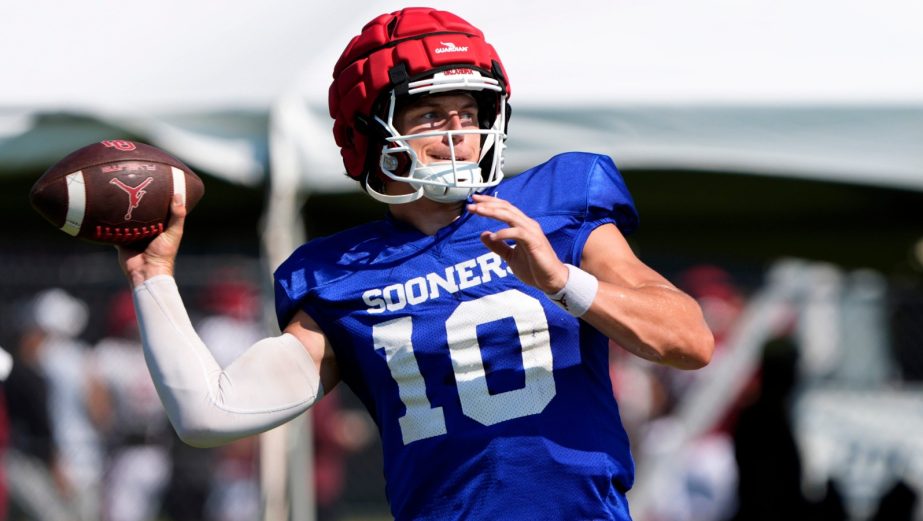Payments processor and social media platform Venmo on Tuesday announced a partnership with the National Collegiate Athletic Association (NCAA) to curb online harassment of student-athletes, a portion of which has been attributed to aggrieved gamblers.
A 2024 NCAA study conducted by Signify Group analyzing more than 5,000 abusive social media posts targeting student-athletes found that 12% were related to sports betting, trailing only sexual abuse (18%). The rates for men’s basketball and football was 19% gambling-related.
“While unwanted interactions to athletes make up an extremely small percentage of transactions on Venmo, even a small number of these incidents is unacceptable. The safety and security of our users remain our highest priority,” said David Szuchman, the SVP and head of global financial crime and customer protection for Venmo’s parent company, PayPal. “Harassment or abuse of any kind is not tolerated on the platform, and strict action is taken against users who violate our policies. Through these measures, we are taking decisive steps to help prevent the misuse of our platform and ensure all our users feel protected when they use Venmo.”
Venmo-NCAA plan:
- Hotline: Student-athletes and the NCAA will have a dedicated contact point for reporting potential abuses for investigation and for gathering data about harassment cases.
- Student-Athlete Resources: Venmo will provide a guide for student-athletes on how to stay safe on the platform. These will include newsletters, emails, and e-learning modules.
- Athlete Account Support: Venmo will monitor student-athletes’ accounts “on an ongoing basis,” according to a release, specifically seeking to “mitigate an influx of requests based on game performance and work directly with them to implement additional security measures as needed.”
- User Education: Venmo will “educate” users on the possible ramifications of harassing athletes, which could include closure of accounts.
Matthew Wein, a national security and cyber security advisor and publisher of the Secure Stakes newsletter, called the initiative a “great start to deal with a growing problem” and commended the NCAA and Venmo, but noted “it is not a holistic or strategic solution though.”
“Universities, the NCAA, and the [College Sports Commission] need to invest in holistic programs to protect their athletes beyond outsourcing individual protection tools,” he told InGame. “And I think there needs to be a cross-sport initiative that breaks down the silos between sports to get a more fulsome understanding of the threat.”
College athletes under particular pressure
NCAA President Charlie Baker — who led the push to legalize sports betting as governor of Massachusetts — decried the abuse of players on a CNN expose of the gambling industry on Sunday.
“Go sit behind a team, a college basketball team, a men’s or women’s team, at one of the conference tournaments,” he said. “Listen to the yelling and screaming that gets directed at them from there by bettors. Stuff like, ‘I know where your exit out of the building is. You cost me five grand. I’m going to kill you.’
“We have, at some of our championships, put 24/7 police protection around some of our teams. Over threats from betting that were deemed to be legit.”
Seth McClung, a former Major League Baseball pitcher who coaches high school and college athletes, said younger players are particularly at-risk from gamblers.
“I hear a lot from the college athletes who talk about it, because guys will look for an edge in a college game where it might be a little bit more easier to bet,” he told InGame. “It’s one of those things where, what’s the kid’s situation? Is he somebody that doesn’t have any money? Is he somebody who could be just wavered by, ‘Hey man, I’ll just take you out to eat once a week’? Those are the most vulnerable, the college kids.”
Mobile platforms can facilitate the process and the blowback.
Venmo public accounts unchanged
A calling card of this dark phenomon has been payment app requests to athletes demanding reimbursements for lost bets. In the process, the popular Venmo platform — with more than 90 million users, skewing younger — has become a metonym for the practice.
Professional golfer Scottie Scheffler deleted his Venmo account recently after receiving frequent pay requests — and some payments from gamblers — and numerous baseball players have recounted similar episodes.
Unwanted interactions remain possible on Venmo because the company has long considered itself a social platform as well as a payment portal. Payment activity remains public by default, even for minors, exposing data users may not even know is searchable.
Oklahoma quarterback John Mateer is under investigation by the NCAA because old Venmo transactions labeled as “sports gambling” surfaced in July. He claims the descriptions were “inside jokes” between friends.







